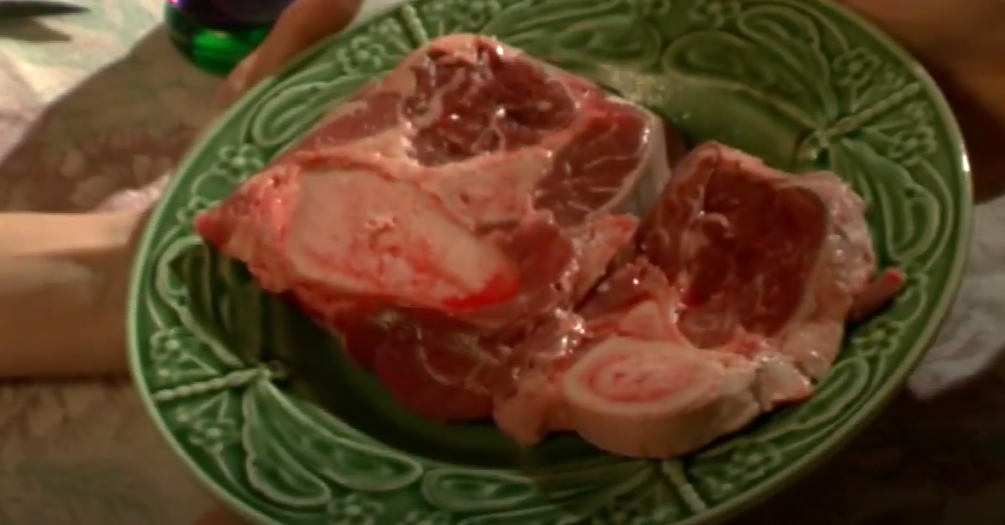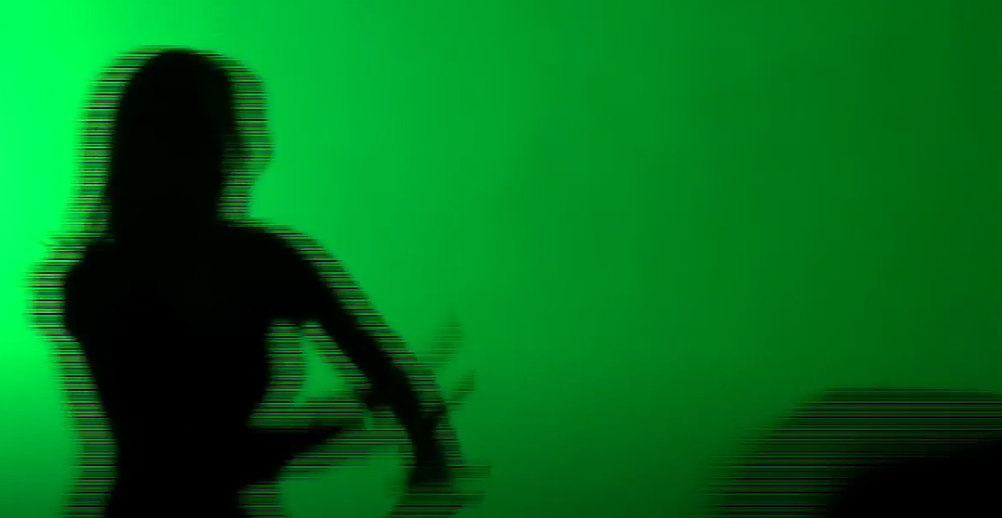Gregory Hatanaka’s Mad Cowgirl is an audacious plunge into the surreal and the grotesque, a film that refuses to be tamed or neatly categorized. At its core, it’s the story of a woman, played with volatile intensity by Sarah Lassez, who discovers she is dying of a brain disorder and embarks on a hallucinatory journey that quickly spirals into violence, madness, and eroticized chaos. From the opening moments, the film establishes itself as a piece of uncompromising, fevered cinema—simultaneously alluring and unsettling.
Lassez, known for her earlier work in Gregg Araki’s Nowhere, delivers a performance that is nothing short of magnetic. She oscillates between vulnerability, hysteria, and seductive mania, pulling the viewer into her fractured reality. Supporting performances from James Duval and Devon Odessa add texture, though it’s Lassez who dominates the screen with a raw, almost animalistic energy.
Hatanaka’s auteurist sensibilities are on full display. His love for Z-movies, ’70s martial arts cinema, and Nikkatsu Roman pornos creates a mash-up of genres that feels both reckless and strangely coherent. The film occasionally evokes the dark whimsy of Delicatessen, yet with a distinctly American flair and a low-budget edge that feels deliberate rather than limiting. Fans of morbidly experimental cinema might pair this with Marian Dora’s Carcinoma for a striking double feature exploring decay, illness, and obsession.
Visually and tonally, Mad Cowgirl is a kaleidoscopic mess: moments of sheer beauty and sensory overload collide with sequences of shocking violence. The narrative is less concerned with conventional cohesion than with the experiential, making the film feel like a fever dream that at times hovers on the edge of incoherence. Some viewers might find the plot meandering and the ending, which veers into a Kill Bill–esque fantasy, anticlimactic. It’s a film that demands patience and a taste for the bizarre, and not every scene lands.
Yet, for those willing to surrender to its logic—or lack thereof—Mad Cowgirl is a hypnotic, unforgettable ride. It’s horny, wild, and frequently absurd, but it also captures something rare: a cinematic vision so unflinchingly personal that it transcends its budgetary and narrative constraints. Hatanaka deserves wider recognition for his audacity and singular style, and Lassez’s performance alone makes the film worth seeking out.
Verdict: A chaotic, provocative fever dream that isn’t for everyone, but for fans of bold, uncompromising cinema, Mad Cowgirl is a wild and rewarding experience.
Jessie Hobson



